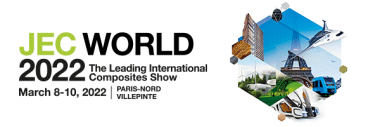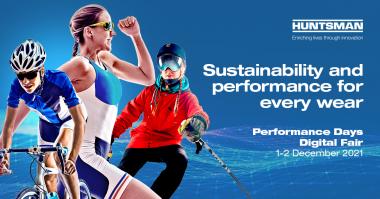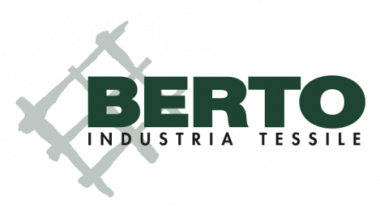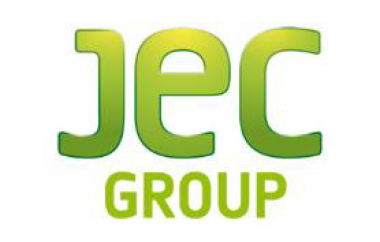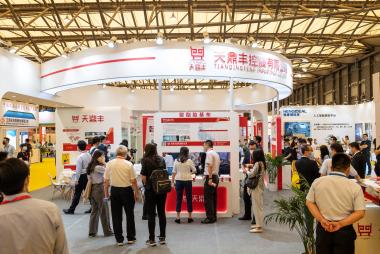JEC World 2022: 3 months to go
- JEC Group announces theme for JEC World 2022 and reaffirms global leadership in composites innovation, business and networking
JEC World, the leading global trade show dedicated to composite materials, their manufacturing technologies and application markets, will take place in Paris from March 8-10, 2022, under the theme Composites for a Sustainable World. JEC World 2022 will be the industry’s most awaited international face to face event after the long pandemic period. Exhibition space is already 98% booked, a clear demonstration of the industry’s commitment to meet and resume business. Those unable to join in person will be able to experience the show via the JEC World Connect digital platform.
“We are looking forward to welcoming our exhibitors, partners and visitors back to Paris to resume business and promote innovation,” comments Thomas Lepretre, VP Events, Sales and Operations of JEC Group. “JEC World will bring the composites industry together to showcase the sustainability benefits of composite materials to a global audience, and to provide a stimulating meeting-place for the industry to pursue its sustainability ambitions by exchanging knowledge, forging collaborations, and imagining new concepts to protect our environment.”
- JEC World a unique get-together on sustainability throughout the product lifecycle
- JEC World a real composites “think tank”
- JEC World 2022 will demonstrate how sustainable thinking is at the heart of the innovative designs, technologies and business models driving the development of the next generation of composites applications.
Four conferences will be held over the three days, focusing on:
• Sustainability of Raw Materials for Composites: Fueling the Circular Revolution
• Rethinking Composite Materials Production: The Path to Sustainable Manufacturing
• Design for Circular Composite Products: Turning Waste, Recycling & Reuse into Opportunities
• Applications of Composite Materials for Circularity: Towards a Net-Zero World
Innovation is in JEC World’s DNA
One of JEC World’s objective’s is to promote the composites sector’s most innovative projects. More than 600 product launches are expected to be announced over the three days of the show, which will also feature JEC’s high-regarded innovation challenges and awards ceremonies :
• The JEC Composites Innovation Awards celebrate innovative global composite projects, as well as fruitful collaborations between different players in the value chain. Over more than 15 years, the JEC Composites Innovation Awards have highlighted collaborations between some 1,900 companies and recognized 203 creative projects. The winners will be announced on March 7th during a dedicated ceremony and their successful technologies will be on display throughout the show.
• The JEC Composites Startup Booster is the leading startup competition in the world of composites. In 2022, this competition will celebrate its fifth anniversary, with a special event to be organized onsite and the launch of a new “sustainability” award. And, with 20 finalists for 2022, it will recognize innovations with the greatest potential market impact and promote them to an influential audience of decision-makers. The finalists’ innovations will be displayed at JEC World’s “Startup Village.”
• For the first time, JEC World will host the 3rd edition of the SMC BMC Design Award organized by the European Alliance for SMC BMC. This international competition recognizes and promotes design excellence in the use of SMC and BMC materials. The theme of this edition is Sustainable Living, and the award is opento design students and young design professionals (less than 3 years of experience) living in Europe.
JEC Group


